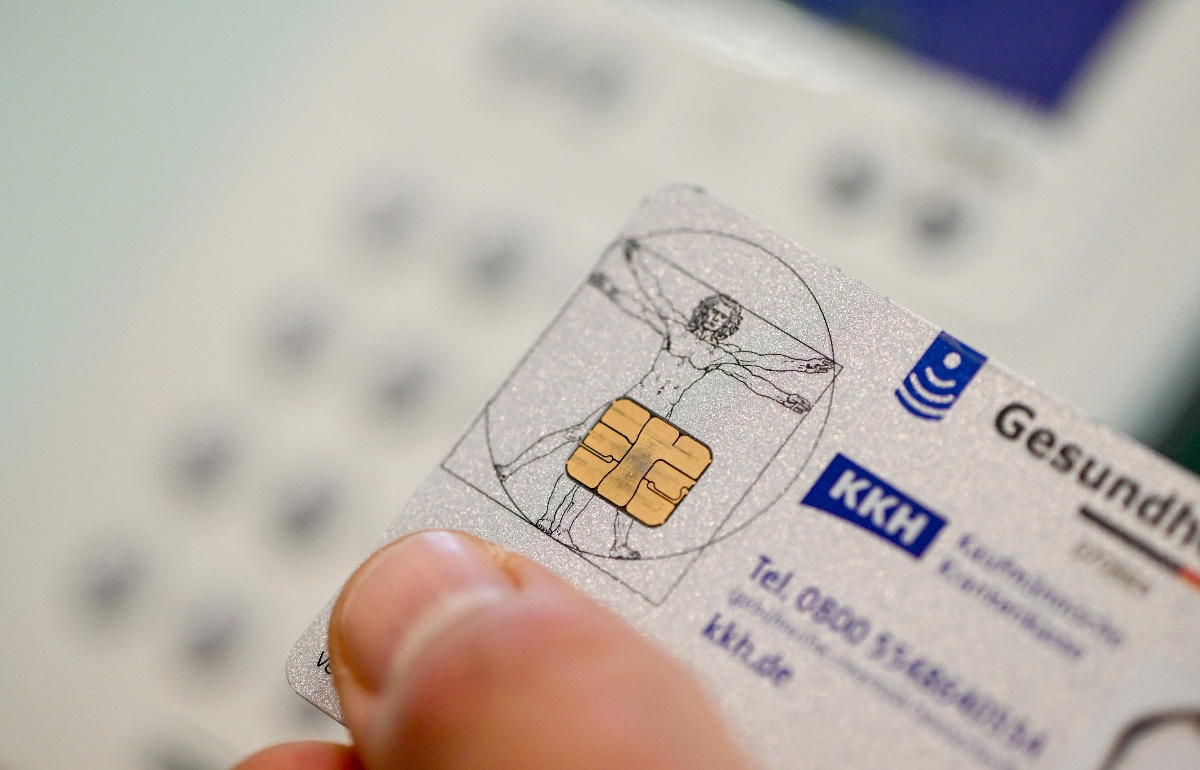As you’re probably aware, German homes are not necessarily the most spacious. According to data from Germany’s statistical office, the average German home has 93 square metres of floor space.
The average amount of living space per person in the Bundesrepublik comes to just 46 square metres. For context, that’s more than China, which has an average of 30 square metres per person, but significantly less than the US with an average of 75 square metres per person, according to data compiled by Zeit.
Which is to say, while living in Germany, you may not be left with a lot of space to store all of your personal belongings.
Most apartments in Germany come with a basement or cellar room, called a Keller in German, where you can pile up some of the belongings you’re not using. These are usually on the underground floors, and vary in size but each flat in an apartment building will have one.
READ ALSO: EXPLAINED – What you can and can’t do in your basement in Germany
But if you’re between homes, you won’t necessarily have access to a Keller, and if you don’t immediately have another place to store your stuff, this can present a challenge.
What self-storage options are there in Germany?
There are plenty of private companies offering storage space (Lagerraum) for rent.
A few established storage space rental companies include: Lagerbox, Shurgard and My Place Self Storage.
All of the aforementioned companies have locations across Germany’s big cities, like Berlin, Cologne, Frankfurt and Munichcities, as well as a decent number of options in smaller cities as well.
How much does self-storage cost in Germany?
The cost to rent self-storage space varies depending primarily on how much space you need and for how long, but other factors, like the location of your local Lagerraum, can also affect the price.
So it’s probably worth comparing prices between your local options before renting one, if you’d like to save some money.
Looking at rental price quotes for storage locations in Berlin’s Neukölln neighbourhood, Lagerbox advertises rates around €20 to €30 per month for its smallest storage spaces (from 0.5 to 1.5 square metres).
My Place advertises small space (one to three square metres) from €13,57 per week, with the first four weeks free of charge. Shurgard currently advertises €27 per month for a 1.5 square metre space, but the price appears to be part of a promotional sale.
Note that storage rentals often come with additional fees for things like an obligatory lock purchase or added insurance.
Use a moving company to store your belongings
Especially, if you only need to store your things while in-between houses, you can hire a moving company (Umzugs Unternehmen) which will provide door-to-door delivery service and keep your things secure in between move-out and move-in dates.
Frankfurt-based Fermont offers storage in addition to its moving and relocation services and also operates worldwide. Alternatively websites like Movinga or Smoover can help organise your move, and offer add-on services like apartment painting. Smoover advertises that communication can be managed in English on WhatsApp.
READ ALSO: What Americans in Germany need to know when moving back to the US





 Please whitelist us to continue reading.
Please whitelist us to continue reading.
Member comments